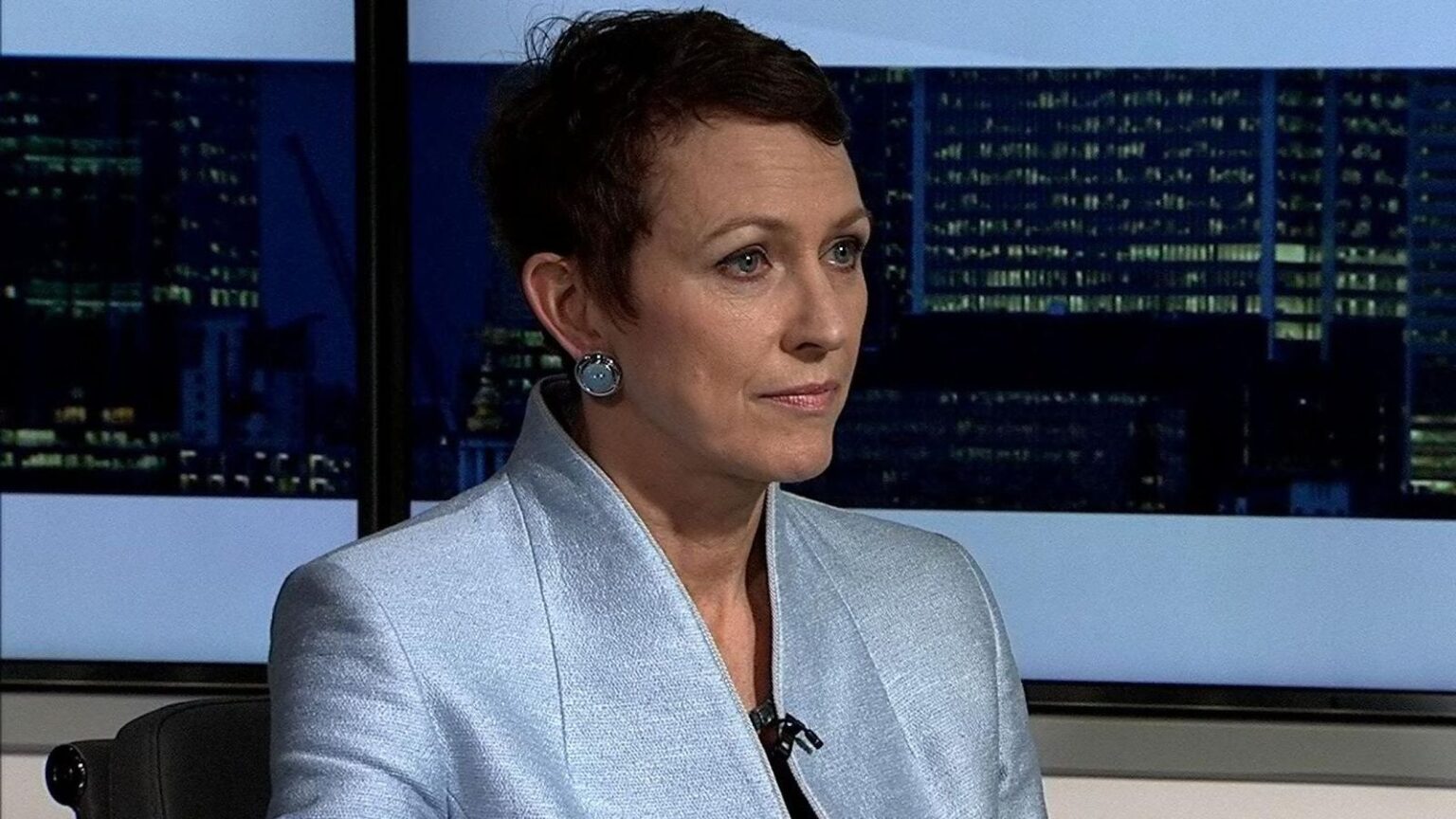
Dame Inga Beale, one of the City’s most powerful women, is to step down as chief executive of Lloyd’s of London next year.
She has been heading the global insurance and reinsurance market since January 2014.
During her time in the role, she has driven through reforms aimed at modernising the 332-year-old institution, which has historically ranked alongside the London Stock Exchange and the Bank of England as one of the three pillars of the City.
She has also had to contend with one of the toughest years for the Lloyd’s market in a decade.
Lloyd’s posted a £2bn loss in 2017, its first loss for six years, following a series of natural disasters that included the battering of Florida and the Caribbean by Hurricanes Irma, Harvey and Maria, an earthquake in Mexico, monsoon flooding in Bangladesh, wildfires in California and a mudslide in Colombia.
These claims saw the market payout £4.5bn.
Announcing the move, Bruce Carnegie-Brown, the Lloyd’s chairman, said Dame Inga would leave Lloyd’s with a strengthened reputation as one of the respected and trusted insurance brands in the world and a strong and experienced leadership team.
He added: “In her five years at Lloyd’s, Inga has set in motion a series of changes aimed at modernising the market and making it more efficient and inclusive. Her boldness and persistence have generated the momentum required to bring about real change.”
Perhaps the biggest change introduced in Dame Inga’s time at the helm has been the introduction of electronic trading in 2016.
This has been taken up only slowly in EC3, the quarter of the City in which most insurance firms are based, where it is still common to see insurance brokers lugging around huge “slipcases” of paper files.
Dame Inga sought to accelerate the use of electronic systems when, in March this year, Lloyd’s announced that every syndicate operating in the market would be required to have written at least 10% of its risks electronically – rising to 30% by the end of this year.
It follows concerns that the market’s over-reliance on paperwork was pushing up its costs and making it less competitive than its rivals.
The move was not universally popular and, acknowledging concerns expressed by some operators in what is a highly traditional market, Dame Inga told the Financial Times earlier this year: “People get a bit concerned about change. It is going to affect people’s lives if they do not have a wet ink stamp and a fountain pen.”
Other achievements include opening a string of offices in overseas locations, including India and China, as well as overseeing the market’s preparations for Brexit. Lloyd’s is in the process of launching in Brussels so it may continue serving the European Economic Area once the UK has left the EU.
Dame Inga, the first female boss of an institution that did not even admit women until 1972, is also regarded as having pushed through significant cultural change at Lloyd’s.
She has overseen the launch of Pride@Lloyds, an internal resource group for lesbian, gay, bisexual and transgender staff. She regularly tops power lists of LGBT business leaders.
Chief executive of Lloyd’s of London is not like being chief executive of a typical plc. The role involves supervising the syndicates of underwriters that group together to write insurance at the market as well as overseeing the brokers who act as middlemen between the policyholders who buy insurance and the underwriters who take on the risk and draw up policies.
It is as much a regulatory role as it is one involving promotion of the market and ensuring it remains competitive.
Dame Inga said today: “The decision to leave has been a tough one and when the time comes I will miss the energy, innovative spirit and enterprise that I come across every working day.
“Leading Lloyd’s is an honour and I am proud to have played a part in ensuring it remains relevant and fit for purpose for the future. The world trusts Lloyd’s to be there when it matters the most and I believe it is well-placed for the next 330 years.”
From – SkyNews


